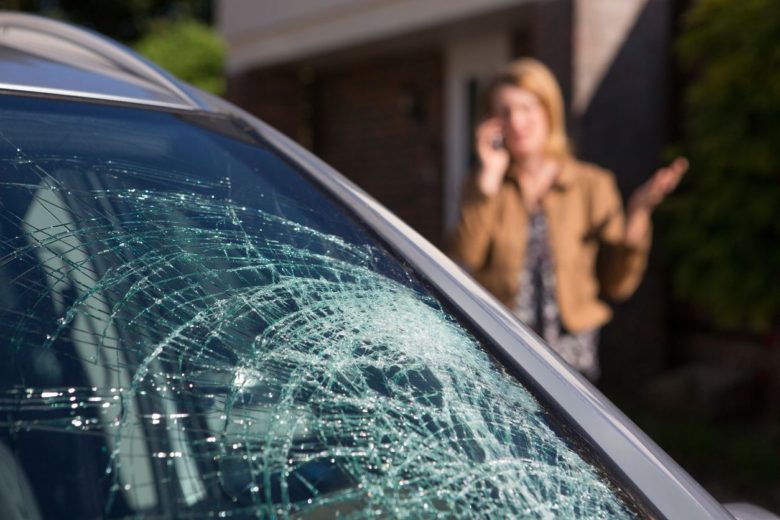Full Decision
Material Facts:
In this Court of Appeal decision, the plaintiffs appealed the trial decision that, after set off, resulted in zero recovery with a further $22,406.37 in costs awarded to the defendant.
The plaintiff, Ramesh Gopie, was injured in a motor vehicle accident. Mr. Gopie and his family claimed over $10 million in damages at trial, arguing that Mr. Gopie suffered ongoing symptoms from the mild traumatic brain injury he sustained in the accident. Liability was not in dispute.
After an eight-week trial, the jury returned a verdict of about $186,000, including pre-judgment interest – significantly less that the defendant’s pre-trial settlement offer of $500,000, plus costs. Once the damages, pre-judgment interest, and the costs awarded to the plaintiffs were set off against the costs awarded to the defendant at trial, the plaintiffs recovered nothing and owed the defendants a further $22,406.37 in costs.
Issues:
The plaintiffs, now appellants, appealed both the trial decision and the costs order. The Court of Appeal was asked to consider whether the trial judge:
- failed to properly exercise her gatekeeper function in permitting a “character assassination” of the plaintiff, Mr. Gopie;
- in her charge, led the jury astray on the proper test for causation and the standard of proof applicable to claims for damages in the future;
- failed to properly exercise her gatekeeper function in permitting two defence psychiatrists to testify;
- erred in law in ruling that medical records admitted as business records under s. 35 of the Evidence Act, R.S.O. 1990, Ch. E.23, were not admissible as medical opinions, in the absence of attendance and testimony from the practitioner; and
- in her charge, failed to provide (i) a sufficiently strong direction to the jury that they should reject any comments or opinions the judge made regarding the evidence if they were not in accord with the jury’s comments or opinions; and (ii) a balanced charge to the jury on the issue of the pre-trial surveillance of Mr. Gopie and the use to be made of it.
Leave to appeal was dismissed on all points for the reasons below.
Analysis:
First, the appellants argued that the jury’s modest assessment of Mr. Gopie’s damages was because the judge had allowed the “character assassination” of the plaintiff by improperly allowing Dr. Furlong, a defence expert psychiatrist, to impugn Mr. Gopie’s character, and by improperly allowing the jury to use the evidence of Mr. Gopie’s convictions arising out of events following the accident and other unlawful conduct for the purpose of assessing Mr. Gopie’s credibility.
The Court of Appeal rejected this argument. At trial, the appellants had introduced evidence of Mr. Gopie’s character, pleading that he was of good character before the accident, and his bad behaviour following the accident was the result of ongoing emotional disability caused by the mild traumatic brain injury sustained in the accident. The Court of Appeal found that by introducing evidence of Mr. Gopie’s character, the appellants had allowed the respondent to challenge it.
Further, Court of Appeal found that the trial judge had properly charged the jury to use the evidence of Mr. Gopie’s criminal record and admitted unlawful conduct for the purpose of assessing credibility and truthfulness, in addition to using it to assess how, if at all, the accident impacted on Mr. Gopie’s judgment. Moreover, the trial judge provided a draft of her charge to counsel for review and comment, and trial counsel made no objection regarding this portion of the charge.
Second, the Court of Appeal rejected the argument that the jury was led astray on the proper test for causation and the standard of proof applicable to claims for damages in the future. The Court found that the judge’s “preliminary questions” that reviewed evidence that the jury may wish to consider in their fact-finding process, were carefully crafted in a manner that would not have created any confusion about the standard of proof applicable to claims for damages in the future.
Third, the Court of Appeal found that the trial judge had not erred in permitting two defence psychiatrists to testify. In considering the quantum of damages claimed and the alleged psychological issues, the trial judge properly concluded that “overall [the two psychiatrists’] perspectives were quite different, and their evidence would not be unduly repetitive and would be of assistance to the jury.” Further, there was no prejudice to the appellants if the two psychiatrists were permitted to testify, whereas the respondent might be prejudiced if they were not both permitted to do so.
Fourth, the Court of Appeal upheld the trial judge’s exercise of her gatekeeper function and rejected the argument that she erred in not granting leave to allow medical records admitted as business records as per the Evidence Act to be admissible as medical opinions without requiring the attendance and testimony from the practitioner.
Lastly, the Court of Appeal found that the jury charge was “comprehensive, fair, and well-balanced,” and rejected leave to appeal on this ground, again reiterating that trial counsel was provided a draft charge for review and comment and no objections were made with respect to the issues now raised.
Decision:
Leave to appeal the trial decision, and leave to appeal the costs order were both refused. Costs of the appeal were awarded to the respondent in the amount of $20,000, inclusive of HST and disbursements.












